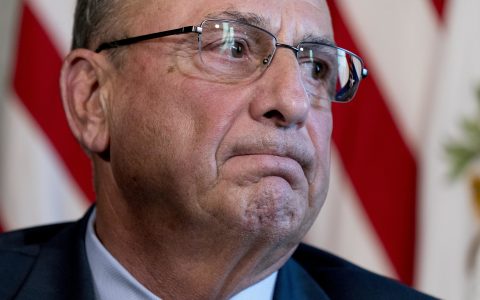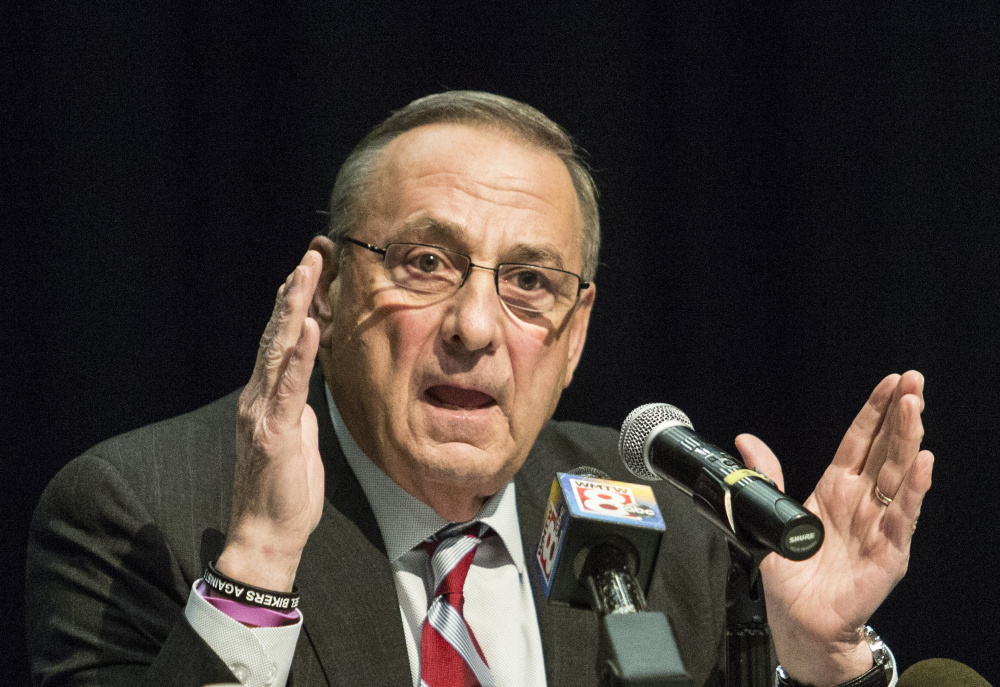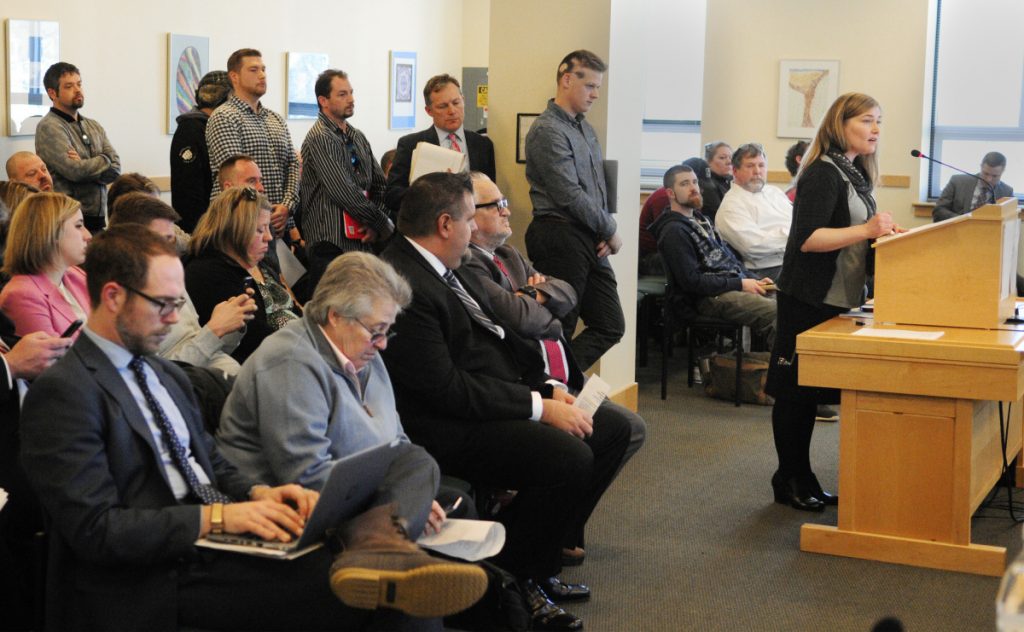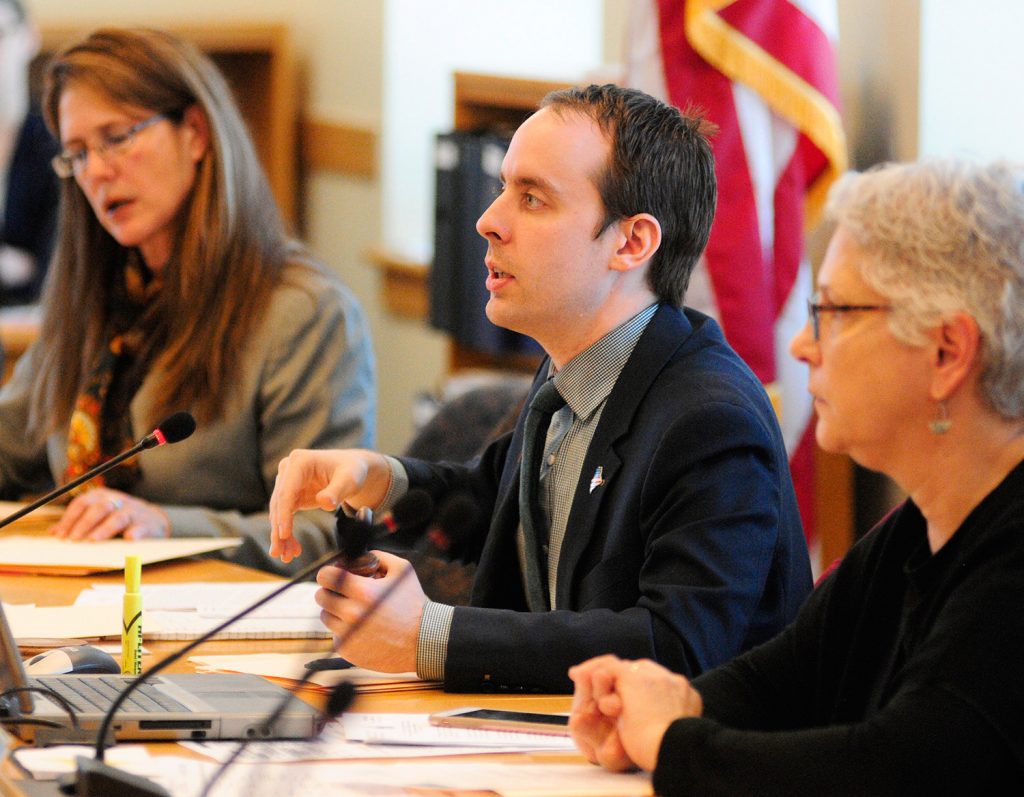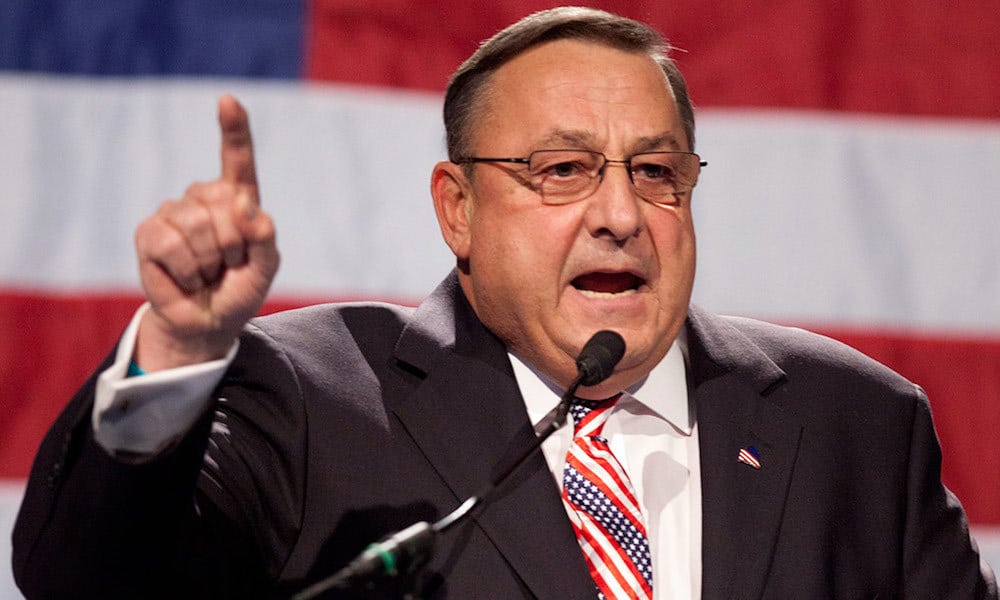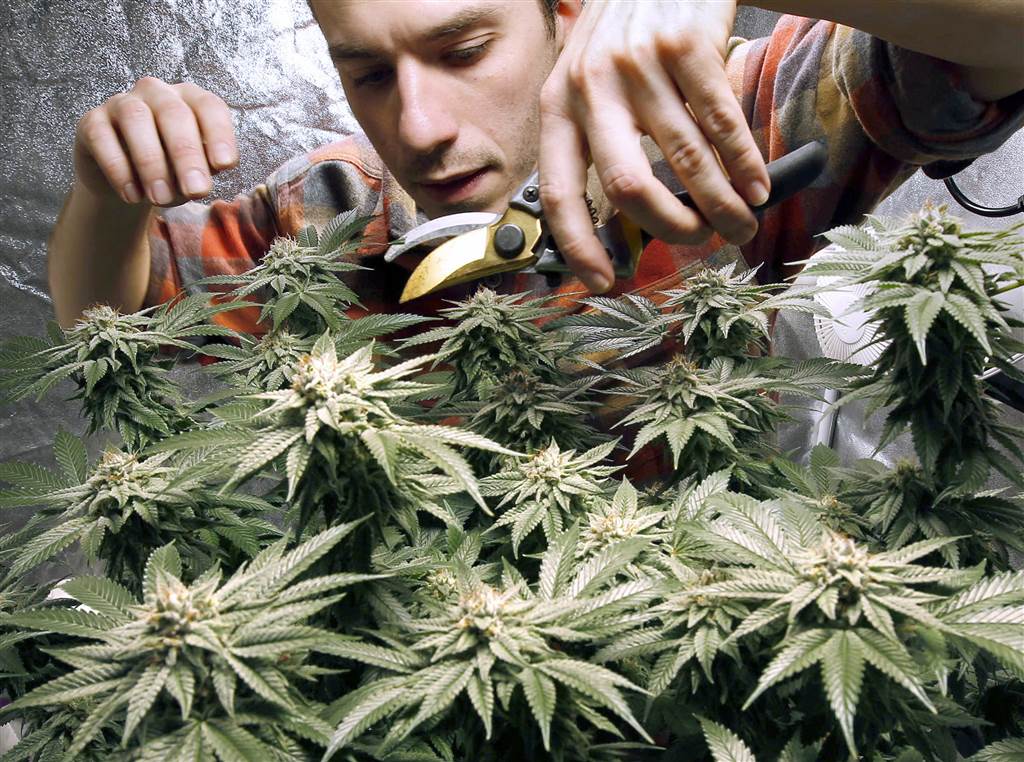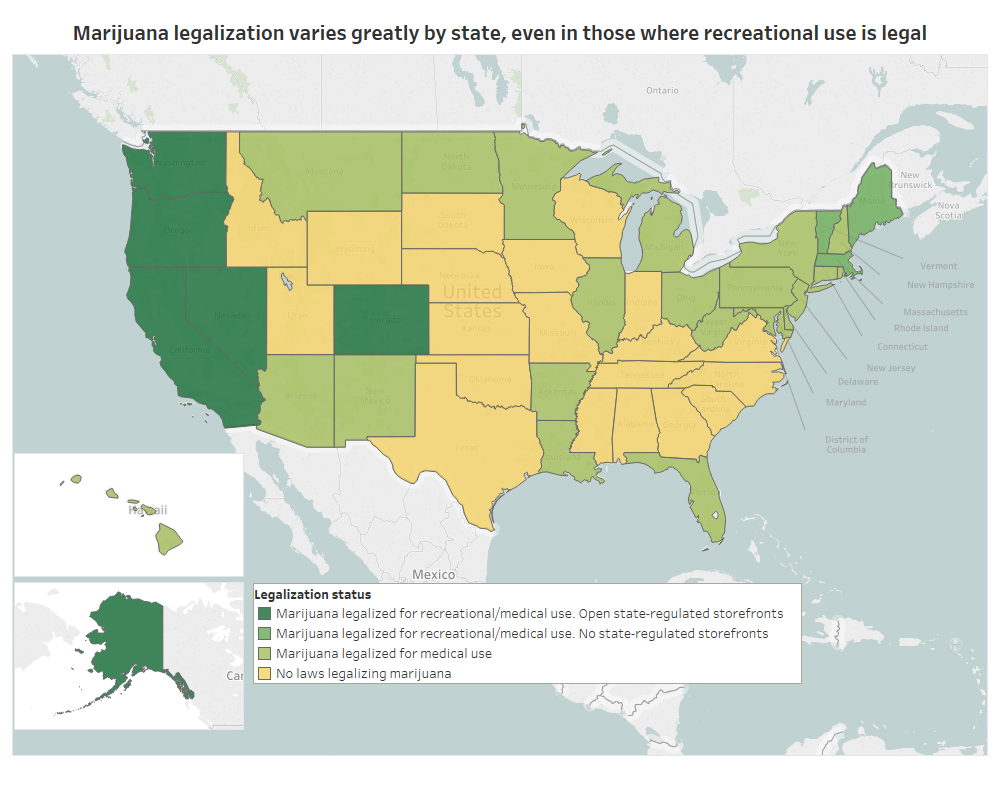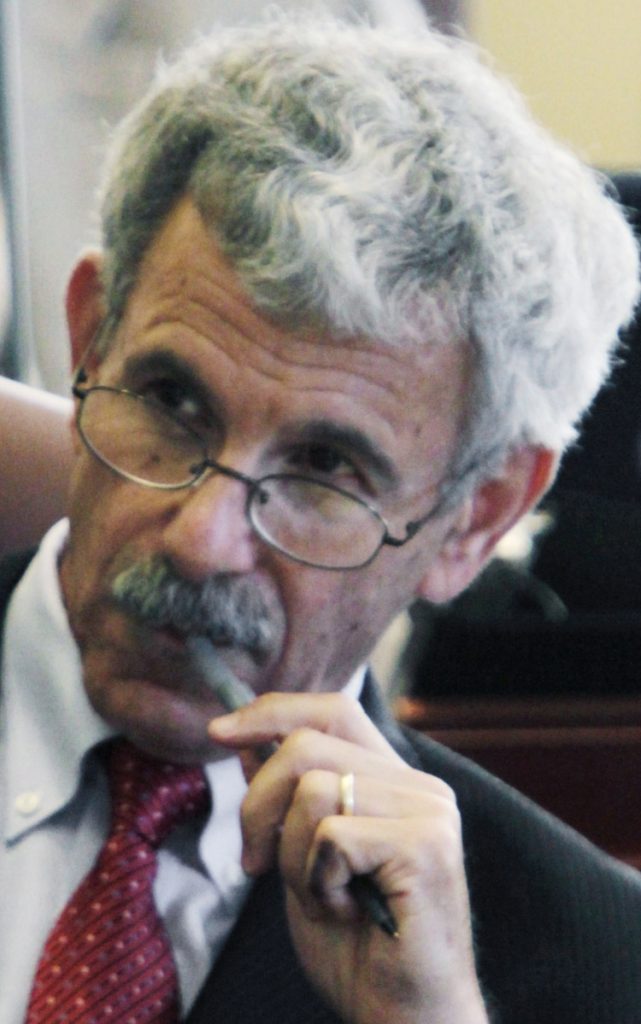As LePage screws around, people in Maine will buy on the black market or smuggle from nearby legal states.
Why The Pot Veto In Maine Causes More Problems Than It Solves
Governor LePage completely dropped the ball.
At the last possible moment on Friday, November 3, Maine’s Governor Paul LePage
vetoed the state’s adult use cannabis bill. Lawmakers had been working on the bill—which would have taxed and regulated the recreational cannabis market in the state—for the past nine months.
On Monday, the Maine House
sustained LePage’s veto, and so it’s back to square one for Maine’s regulated adult use market.
LePage wrote a
public letter explaining his decision to veto the bill, citing the federal government’s position as one of his main reasons.
“Until I clearly understand how the federal government intends to treat states that seek to legalize marijuana, I cannot in good conscience support any scheme in state law to implement expansion of legal marijuana in Maine,” LePage wrote.
A poor excuse by the Republican governor who promised not to interfere with voters’ decisions on the matter during his 2014 campaign for reelection. The people of Maine have already spoken and voted, back in November 2016, for “Question 1” to tax and regulate the sale of adult-use cannabis.
“He also cited multiple other issues he has with the bill, which is upsetting given that he and his administration had every opportunity (over about seven months) to have a hand in creating this bill, and they chose not to,” said Amanda Melnick, president and owner of
Maine Cannabis Consultants. “The Marijuana Legalization Implementation Committee worked very openly and would have welcomed conversation or guidance from his administration.”
So what is legal at the moment?
Maine has had medical use cannabis for over 15 years, with more than
45,000 registered medical patients and a state minimum of eight dispensaries. According to Melnick, it’s one of the best medical markets in the country.
The state referendum, Question 1, passed last November, makes it legal for adults 21 and older to possess 2.5 ounces of cannabis and grow up to six personal use plants. However, because of the veto and a bill introduced last January,
LD 88, recreational cultivation, sales and production in Maine have been postponed until February 2018.
This has created an unregulated “
grey” market for non-medical patients, where “gifting” weed (where the weed is free but the delivery fee is $100) is popular.
“[The grey market] is a blatant problem created by holding up the adult-use regulations and rule-making,” said Melnick. “The people of Maine passed a referendum to legalize cannabis and to create a market for that legal product. Currently, we only have the first half of that in place: you can possess cannabis but can’t legally buy it. So there’s bound to be people who will take advantage of these inconsistencies, and thus the creation of this grey market.”
A grey market isn’t unique to Maine; it’s also the main system for buying adult-use cannabis in our country’s capital, Washington, D.C., but that doesn’t mean it’s without risk.
Without government regulation, there’s no telling what’s in the cannabis people are consuming or where it came from. In states with a regulated market, cannabis is
tested for pesticides, mold and other pests to ensure it’s fit for human consumption. Without government regulations, it’s possible growers will use whatever means necessary to produce the highest yield, but that often means lack of quality control.
“I think pesticides are an issue regardless of whether it’s regulated or not,” said a Maine-licensed caregiver and cultivator who goes by the name
Meowy.“It’s more about how well it’s enforced. But, in the end, there will typically be producers who try to cut corners and get away with things they shouldn’t.”
What’s more, people are then turning this
“dirty” weed into extracts like oil and shatter, which
essentially concentrates the chemicals as well. In 2016, 25 percent of Emerald Cup extract contestants had to be disqualified for contaminants.
On top of possibly smoking, vaping or eating pesticides and bug feces, unregulated cannabis has no traceability system. In regulated markets, every cannabis plant is tagged with a unique barcode as a clone and is tracked for its entire lifespan, until it’s sold to a customer, in systems known as “seed-to-sale.”
Seed-to-sale programs ensure no cannabis is stolen, lost or sold to a minor without the authorities being notified.
But obviously, in an unregulated market, cannabis can come from anywhere and be sold to anyone. Meaning, weed could come from organized crime and could get into the hands of teenagers. Obviously, this is something we want to avoid, especially considering how we’ve seen teen drug use go down in regulated states, like Colorado and Washington, and we’ve seen legal weed hurt
Mexican cartels.
But unregulated cannabis doesn’t necessarily come from cartels.
Illegal grows in the United States supply much of our black market pot, which, according to
the Motley Fool, is a $100 billion industry. However, black market practices in America can be dangerous.
For example, illegal growers are not only more likely to use pesticides but are more likely to use dangerous and
environmentally hazardous practices to avoid arousing suspicion. Around the country, there have been cases of growers rewiring the power lines used in their indoor gardens to avoid the meter, but this has also caused fires, electrocution and death.
Illegal grows are also worse for the environment. They are more likely to run their electricity on backup gas generators, which release more carbon emissions into the atmosphere and are a fire hazard. Plus, run-off from illegal grows is
polluting natural water sources and killing wildlife.
Unregulated cannabis markets also give rise to unlicensed extraction labs for making cannabis concentrates like
butane hash oil (BHO), which is used for dabbing. But making BHO requires the use of volatile solvents, like butane, which is very dangerous and likely to explode. There have been many sad cases of people losing their homes and even their lives from
butane gas explosions.
In most regulated states, these extraction labs require their own unique license.
A grey market in Maine promotes these unsafe practices in a state where the people have already voted to tax and regulate the plant. Not only will Maine not be receiving the tax and tourism revenue from a regulated, adult use market, but it’s also putting people at risk. Not to mention, grey markets promote unsafe buying environments for non-medical patients.
“I think the greatest danger the black market presents is that it prevents the cannabis industry from progressing past its stigmatized, criminally-associated past,” said Meowy. “In other words, until we can normalize and properly regulate cannabis, the professional producers with integrity can’t drive out the less reputable individuals through natural competition.”
However, there are some activists who supported LePage’s veto, like Paul T. McCarrier, founder of the group
Legalize Maine and co-author of Question 1.
One of the main problems McCarrier had with the bill was the “opt-in” clause, which would have essentially required each municipality in Maine to vote for adult use cannabis again. It was the first measure of its kind in the country; other states like Nevada and Colorado, only give their cities the right to “opt-out” of the adult use cannabis market, if the voters and City Council members see fit.
Now it’s back to the drawing board in Maine, and many think they might not see legal cannabis until
2019. Massachusetts is planning to have adult-use available by July 2018, the same time as the entire nation of Canada, Maine’s neighbor.
Hopefully, Maine lawmakers will eventually honor the decision of the people. But at this rate, Maine could be the last of the five states that voted last November to legalize adult use cannabis to enact a regulated market.
 Sigh... while I don't encourage name calling, even towards politicians, these guys make it too damn hard. At least it's regarding a subject we all agree on.
Sigh... while I don't encourage name calling, even towards politicians, these guys make it too damn hard. At least it's regarding a subject we all agree on. 
 Sigh... while I don't encourage name calling, even towards politicians, these guys make it too damn hard. At least it's regarding a subject we all agree on.
Sigh... while I don't encourage name calling, even towards politicians, these guys make it too damn hard. At least it's regarding a subject we all agree on. 
